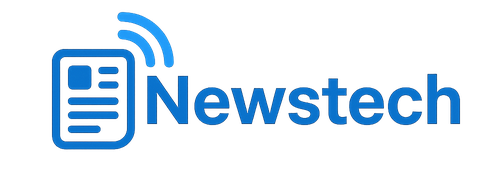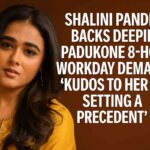UK Prime Minister Sir Keir Starmer met Prime Minister Narendra Modi in Mumbai during his first visit to India, marking what both sides called a “historic moment” in UK-India relations. The meeting focused on trade expansion, climate cooperation, education partnerships, and global security, underscoring renewed momentum between the two democracies.
Starmer arrived in India on a two-day trade mission accompanied by the largest-ever UK business delegation — more than 100 CEOs, entrepreneurs, university vice-chancellors, and cultural leaders — as the two countries seek to capitalize on the landmark trade agreement signed in July.
“This is a historic visit,” PM Modi said, noting that India and the UK were “entering a new era of collaboration and shared prosperity.”
Trade and Economic Boost
The visit comes as both nations move to operationalize their new trade deal, which is expected to boost bilateral trade by £25.5 billion annually by 2040 and add £4.8 billion to the UK GDP each year.
Under the agreement, India tariffs on UK goods will drop from 15% to 3%, while the UK will cut duties on Indian exports, including clothing, footwear, jewellery, and frozen seafood. In return, India will reduce import duties on Scotch whisky, luxury cars, cosmetics, and medical devices.
According to UK government data, the deal has already generated £1 billion in investments and created 7,000 jobs in the UK.
“India democratic values, economic strength, and global role make it one of our most important partners,” Starmer said, calling the trade relationship “a driver of jobs, innovation, and opportunity on both sides.”
Expanding Education and Cultural Partnerships
One of the key announcements during Starmer visit was the expansion of British universities in India. The University of Lancaster and University of Surrey have received approval to open campuses, following earlier moves by the University of York, Aberdeen, and Queen University Belfast, which are expected to launch Indian campuses next year.
The initiative is projected to bring £50 million into the UK economy while strengthening educational exchanges between the two countries.
“More Indian students will now have access to world-class British education,” Starmer said. “This will deepen people-to-people ties and support jobs back home.”
Global and Regional Issues
The two leaders also discussed pressing global challenges, including the Russia-Ukraine war and stability in the Indo-Pacific region.
The prime minister and I discussed the need for a just and lasting peace in Ukraine, stability in the Indo-Pacific, and cooperation on climate and energy, Starmer said.
PM Modi reiterated his stance on ending the Ukraine conflict through dialogue and diplomacy, while Starmer called for India to play a “global leadership role”, including taking its “rightful place” on the UN Security Council.
Human Rights and Bilateral Relations
The case of Jagtar Singh Johal, a British citizen imprisoned in India for seven years without conviction, also surfaced during the visit. Starmer confirmed that the UK government has raised the issue “at every level” and is working toward a resolution.
Meanwhile, Modi government highlighted India growing partnership with the UK in defense, technology, and clean energy, despite broader global trade tensions — including the Trump administration 50% tariff on Indian goods and a 25% penalty linked to India purchase of Russian oil.
Strengthening the UK-India Strategic Partnership
Starmer visit reflects London growing focus on Asia and the Indo-Pacific, as the UK seeks to diversify trade beyond Europe post-Brexit. India, for its part, continues to attract foreign investment with its Make in India and Digital India initiatives.
Before leaving for India, Starmer ruled out easing visa rules but emphasized “massive opportunities” in trade, education, and cultural ties.
Arriving in Mumbai, Starmer was greeted with a grand welcome, as banners featuring him and Modi lined the streets.
This visit marks a new chapter in UK-India relations — one built on respect, innovation, and shared ambition, Starmer said at the India Mobile Congress opening session.








